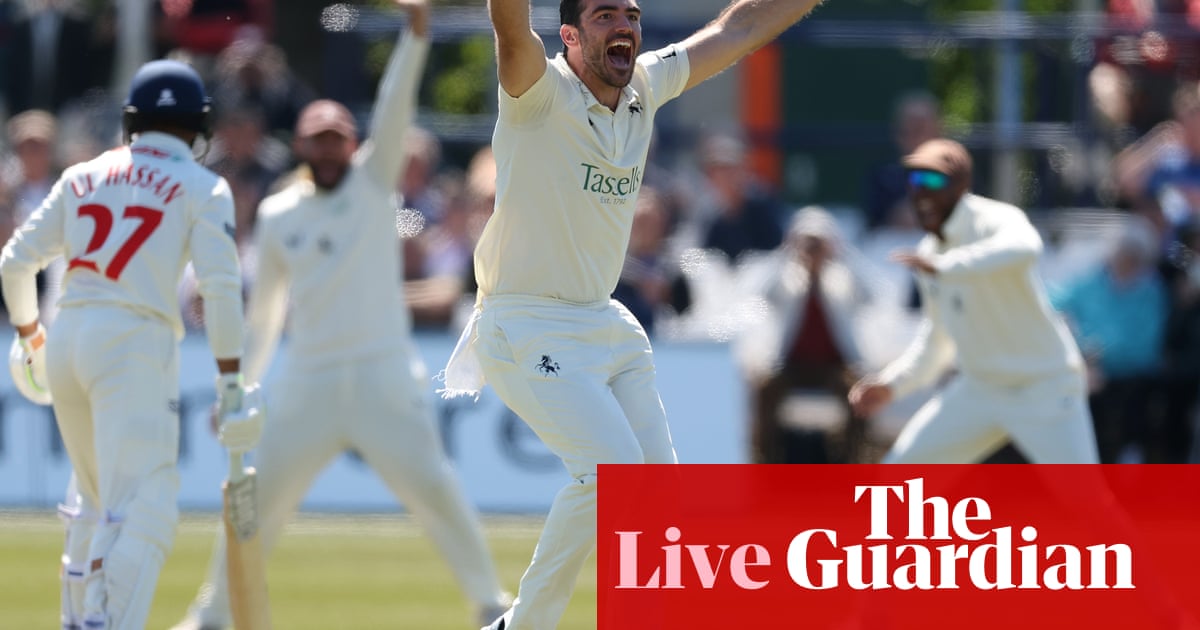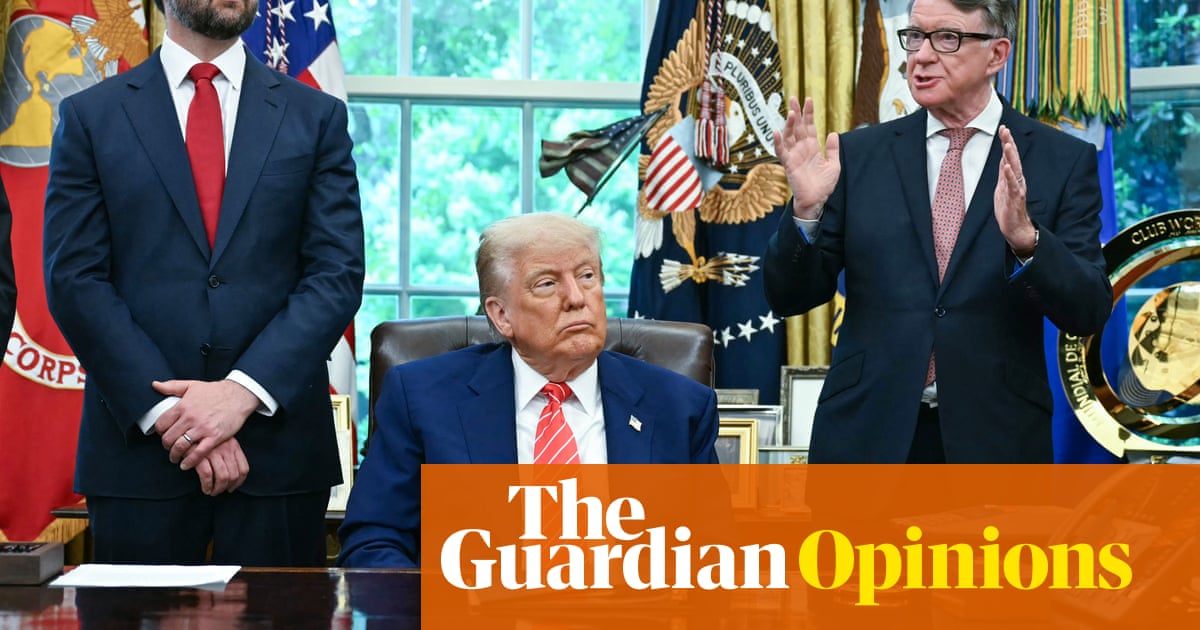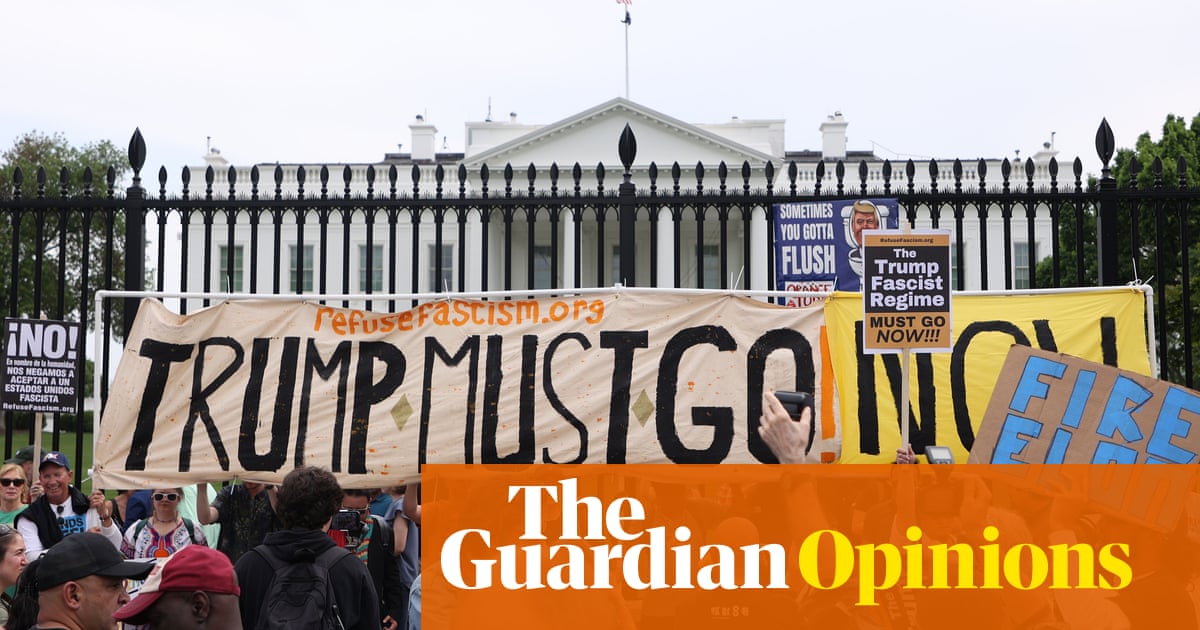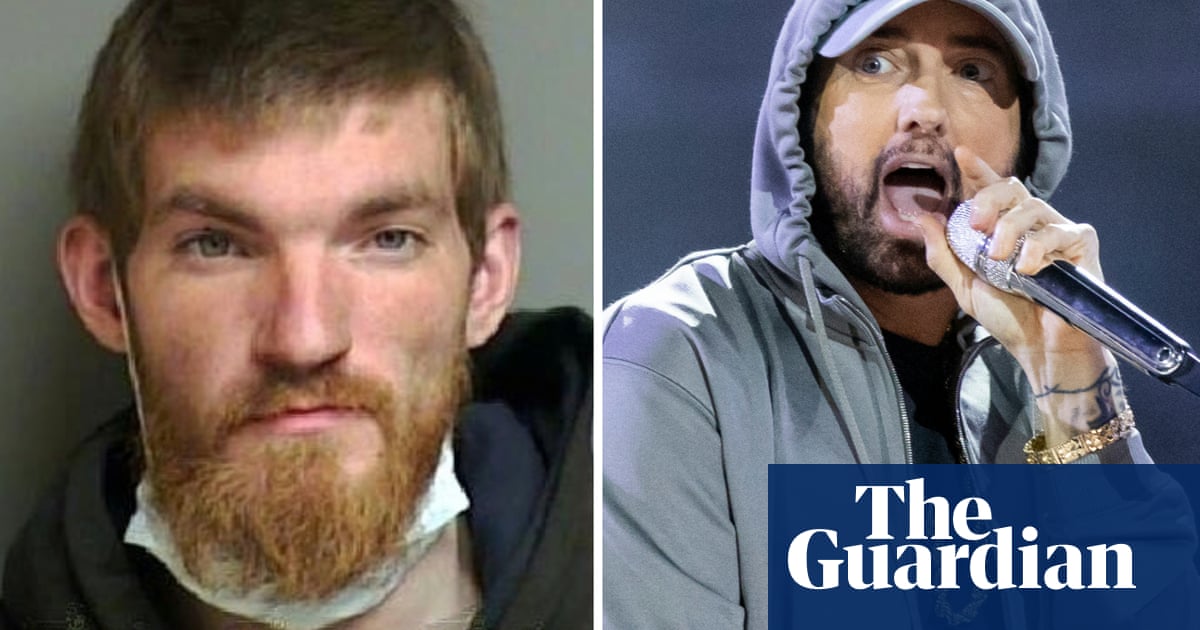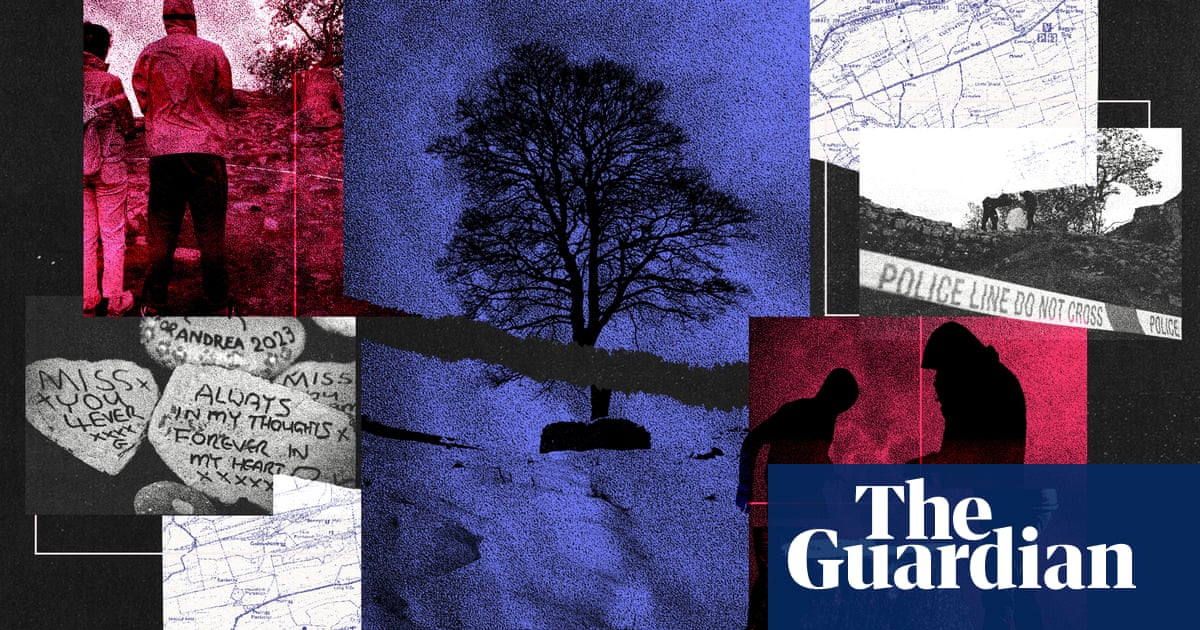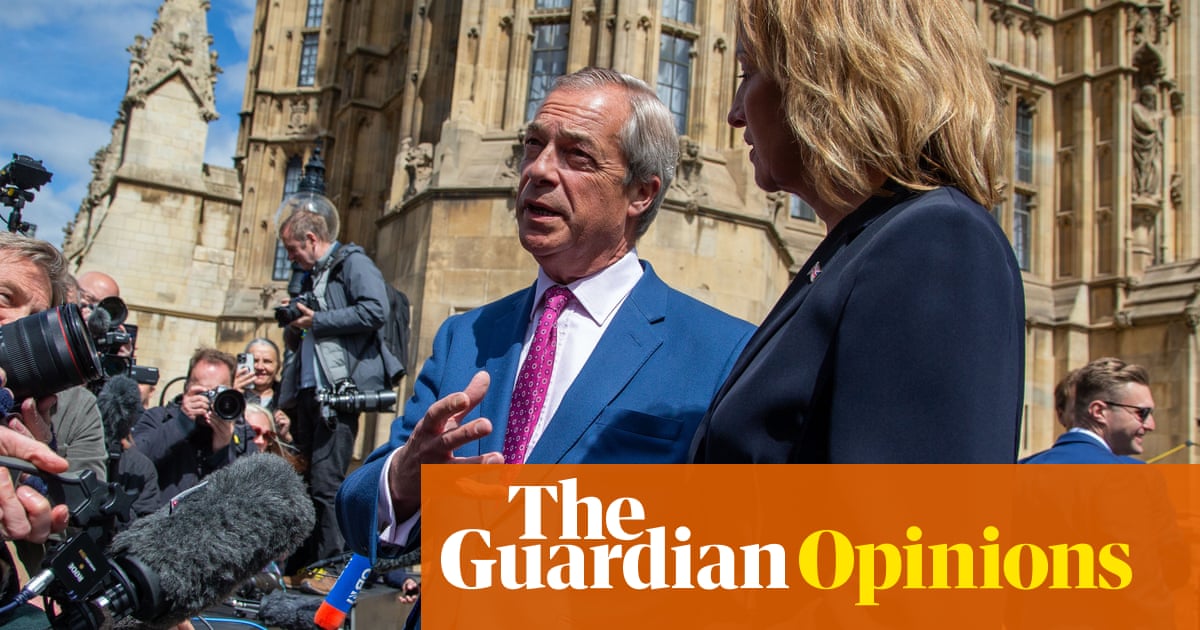The accompaniments of the Australian summer are varied but vivid. Barbecues and beaches, fireworks and firefighting. The song of cicadas, the sweetness of cherries, and the sound of Novak Djokovic, back in the headlines.
He is there again after refusing to provide an on-court interview until Channel Nine’s Tony Jones apologised, which the broadcaster did on Monday morning. Djokovic said Jones had “mocked” Serbian fans in a TV cross on Friday, and made “insulting and offensive comments”.
Tennis’ great conductor of controversy – who also happens to be the sport’s finest proponent – has been forged over many years. Before the Serb won his first grand slam at Melbourne Park 18 years ago, he was known best for his impersonations of his peers on the tour.
But they weren’t universally appreciated. Djokovic said on the way to his first grand slam title at Melbourne Park in 2008 that he would stop the act due to people taking offence (he has performed them from time-to-time since). At the same tournament, the then-20-year-old gave an insight into the man he was becoming. “You need to be a little probably arrogant on the court to have this self-confidence, so you can get the positive outcome,” he said.
On the court, that has proven true. Twenty-four grand slams cannot be ignored, but he has not always won with the grace of his peers. He was disqualified for striking a woman in the throat at the US Open in 2020 with a ball hit in frustration. He will argue with umpires, throw tantrums towards his team. He even found himself in an argument with the robotic line judge last week at Melbourne Park.
Off the court, his confidence has been the source of even greater conflict. Serbia’s place in the world – the country’s role in Balkan affairs, the nationalism that dominates its politics, its distrust of the West – has meant Djokovic’s views often jar with western norms. Given his status in Serbia, where he is considered an untouchable national hero, statements that might be uncontroversial in his home country appear out of touch and even provocative elsewhere.
His judgment around the corridors of the tour has also been questioned. He had to apologise in 2016 after saying men should be paid more than women. He continued to give qualified support to Justin Gimelstob, the former American player and administrator, after his conviction for assault.
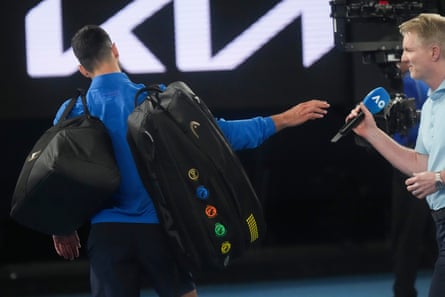
None of these are hanging offences. Indeed, they spur opinion and discussion on what is a soap opera of a tour, driving views and clicks to executives’ delight. But as his tennis legacy has insulated him in the latter years of his career, and his status as a Serbian icon becomes irrefutable, he has platformed yet more controversial causes.
He has expressed a belief in the energy produced by a so-called ancient complex of man-made pyramids in Bosnia and promoted alternative wellness guru Chervin Jafarieh, according to reports. And he infamously rejected scientific consensus on immunisation during the Covid pandemic.
That the greatest men’s tennis player in the world is comfortable in conflict should be no surprise. When he won his 24th grand slam title at the US Open in 2023, his thoughts immediately went to his upbringing in the former Yugoslavia, riven by war and ethnic division. “The odds were pretty much against me and my family, but, you know, we did it,” he said.
after newsletter promotion
In two decades of public contributions from his family, the genesis of Djokovic’s nature can be partly understood. They have proven to be loyal to their son, but where other tennis parents may wish to avoid friction his father Srdan and mother Dijana seem to embrace it, and most defiantly they have criticised the character of Roger Federer and Rafa Nadal.
Why Jones acted as he did wasn’t fully explained by his apology, in which he said he “considered it to be humour”. Would the veteran reporter have delivered the same level of disrespect towards Federer or Nadal, or the Swiss or Spanish fans? In all likelihood, Jones thought he was reflecting the views of his audience. Perhaps if he had only insulted Djokovic, and not mocked the flag-waving fans, the saga may have been avoided. But Jones didn’t fully understand Serbia’s champion.
The confidence that bloomed in Djokovic as a child is now an ecosystem unto itself. Parts of Australia – whether by the Morrison government’s deportation three years ago or by Jones’s outburst – saw it as noxious, vulnerable to eradication.
Yet Djokovic has easily outlasted Scott Morrison, knew Australia would have him back, and delivered the last word on his detention (he claims he was poisoned). He recognised his worth and calculated Channel Nine would relent. Even without Australians’ support, he will survive and no doubt triumph again, off court if not on.
After a fourth round match against Lleyton Hewitt in 2008, a straight-sets victory over the home favourite, a reporter asked the emerging Djokovic a question that would prove pertinent: “You’re used to being cast as one of the nice guys on tour. What was it like being the villain?”
Djokovic replied it was part of tennis. The fresh-faced Serb was pushed again on the question. “Yes, as I said – I’ll repeat it again – you have to accept the pressure and accept the people against you.”

.png) 3 months ago
41
3 months ago
41
